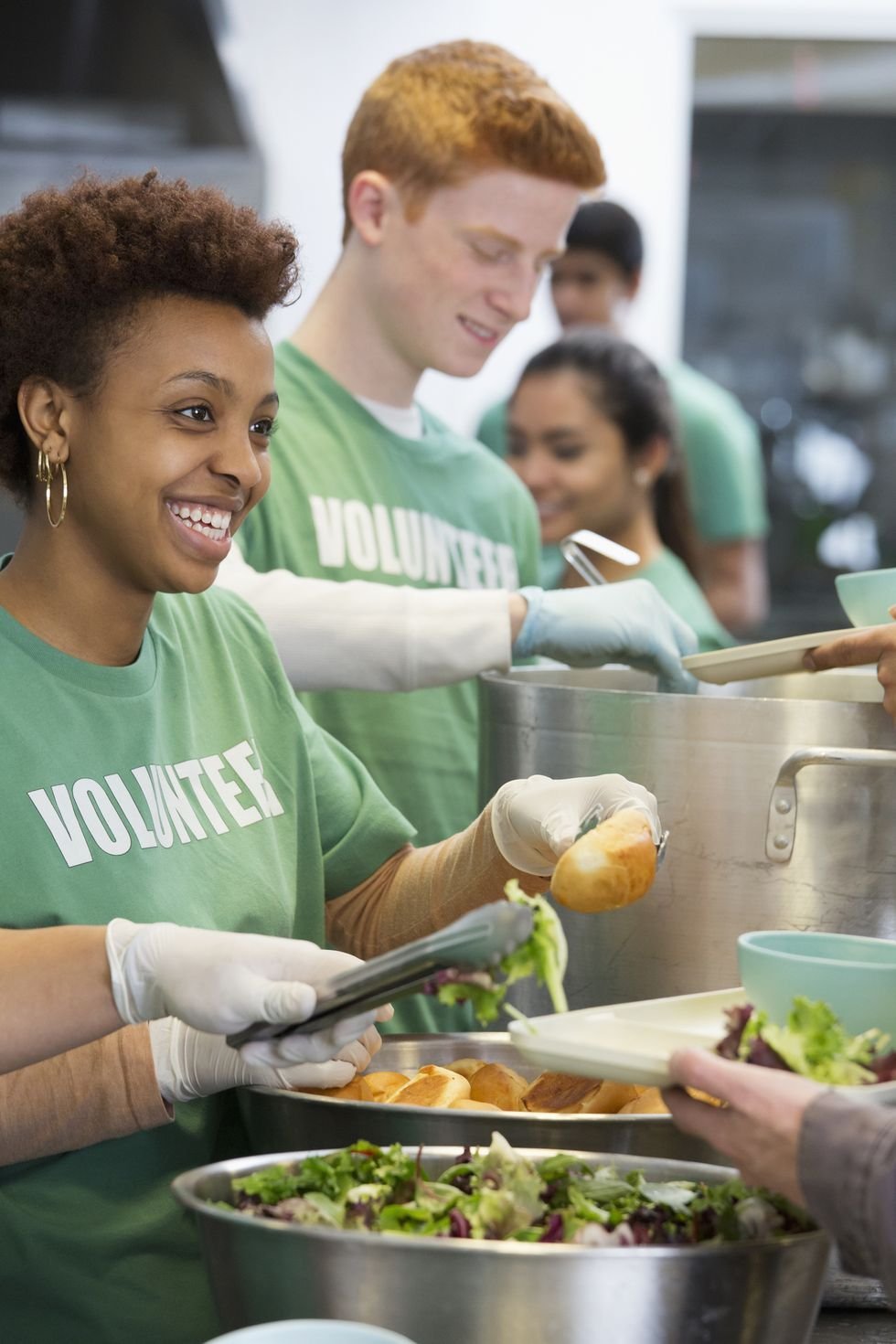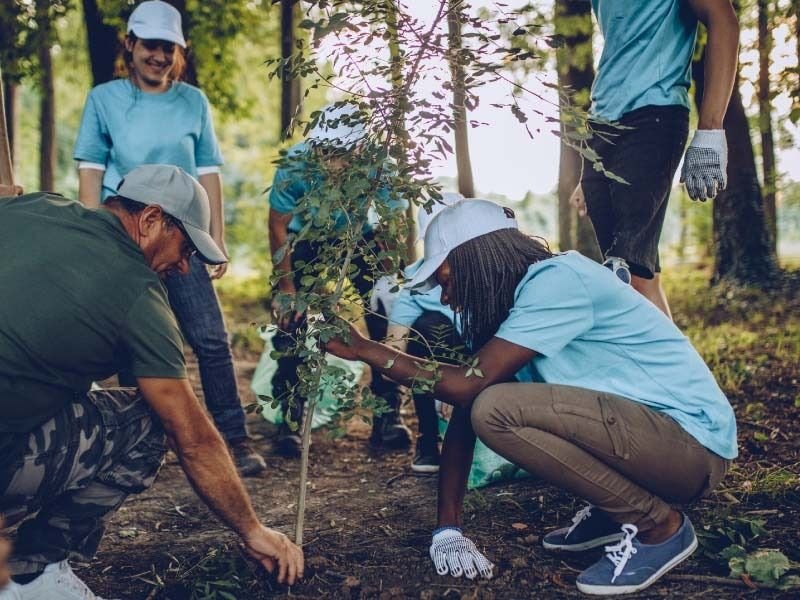Where can I have the most impact?
Following the Meta-Problem Method can help you solve for both impact and efficiency.
The goal when exploring a dilemma is to identify which problems would be the best to solve, both in terms of the benefits and the costs to achieve the improvements.
There are two main lenses to use as you contemplate volunteering: What will my impact on the world be, and what will I get/take from the experience? Each of these will require a subset of supporting choices, which bring a set of consequences.









